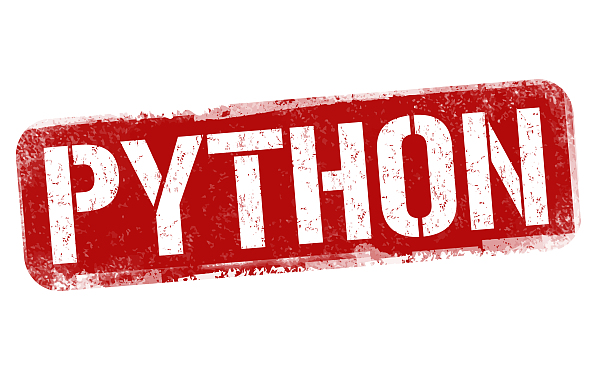I have been examining some of my string format options using the new f-string format. I routinely need to unpack lists and other iterables of unknown length. Currently I use the following...
>>> a = [1, 'a', 3, 'b']
>>> ("unpack a list: " + " {} "*len(a)).format(*a)
'unpack a list: 1 a 3 b '
This, albeit a bit cumbersome, does the job using pre-3.6 .format notation. The new f-string format option is interesting given runtime string concatenation. It is the replication of the number of {} that I am having problems with. In my previous example, I simply created the necessary structure and unpacked within the .format() section.
Attempts to do this yielded one variant that worked, however:
1) Both curly brackets together doesn't unpack...
>>> 'unpack a list' f' {{*a}}'
'unpack a list {*a}'
2) Adding spaces around the interior {} pair:
This works but leaves opening and closing braces {, } present:
>>> 'unpack a list' f' { {*a} }'
"unpack a list {1, 3, 'a', 'b'}"
2b) Concatenating the variants into one f-string
This made the look and syntax better, since the evaluation, apparently, is from left to right. This, however, still left the enclosing curly brackets present:
>>> f'unpack a list { {*a} }'
"unpack a list {1, 3, 'a', 'b'}"
3) Tried automatic unpacking with just {a}
Perhaps, I was overthinking the whole procedure and hoping for some form of automatic unpacking. This simply yielded the list representation with the curly brackets being replaced with [] :
>>> f'unpack a list {a}'
"unpack a list [1, 'a', 3, 'b']"
What is required to suppress the curly brackets in variant (2) above, or must I keep using the existing .format() method? I want to keep it simple and use the new capabilities offered by the f-string and not revert back beyond the python versions which pre-date what I am currently comfortable with. I am beginning to suspect that f'strings' do not offer a complete coverage of what is offered by its .format() sibling. I will leave it at that for now, since I haven't even ventured into the escape encoding and the inability to use \ in an f-string. I have read the PEP and search widely, however, I feel I am missing the obvious or what I wish for is currently not possible.
EDIT several hours later:
4) Use subscripting to manually slice off the brackets: str(a)[1:-2]
I did find this variant which will serve for some cases that I need
f'unpack a list: {str(a)[1:-2]}'
"unpack a list: 1, 'a', 3, 'b"
But the slicing is little more than a convenience and still leaves the string quotes around the resultant.
5) and the final solution from @SenhorLucas
a = np.arange(10)
print(f"{*a,}")
(0, 1, 2, 3, 4, 5, 6, 7, 8, 9)
Unpacking with trailing comma.






 已为社区贡献126445条内容
已为社区贡献126445条内容

所有评论(0)